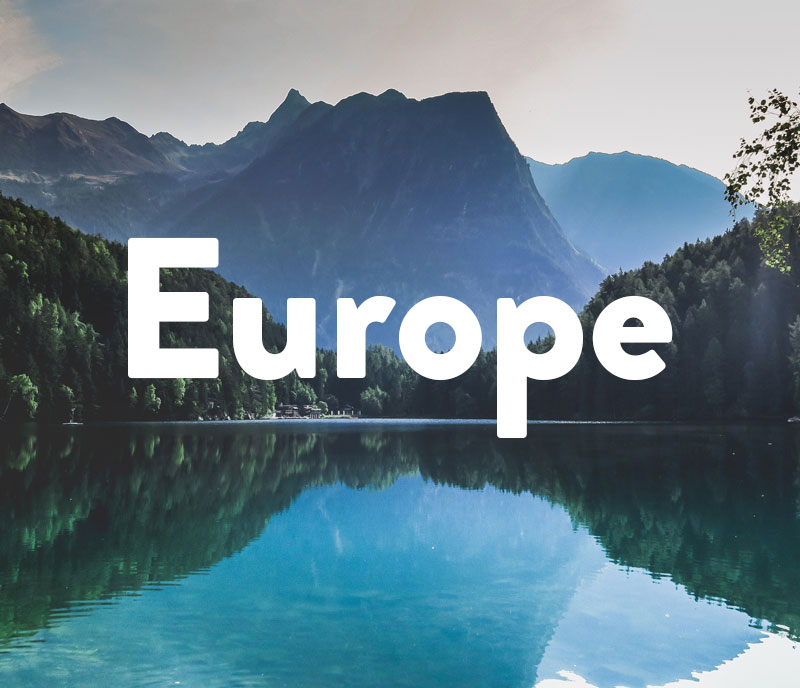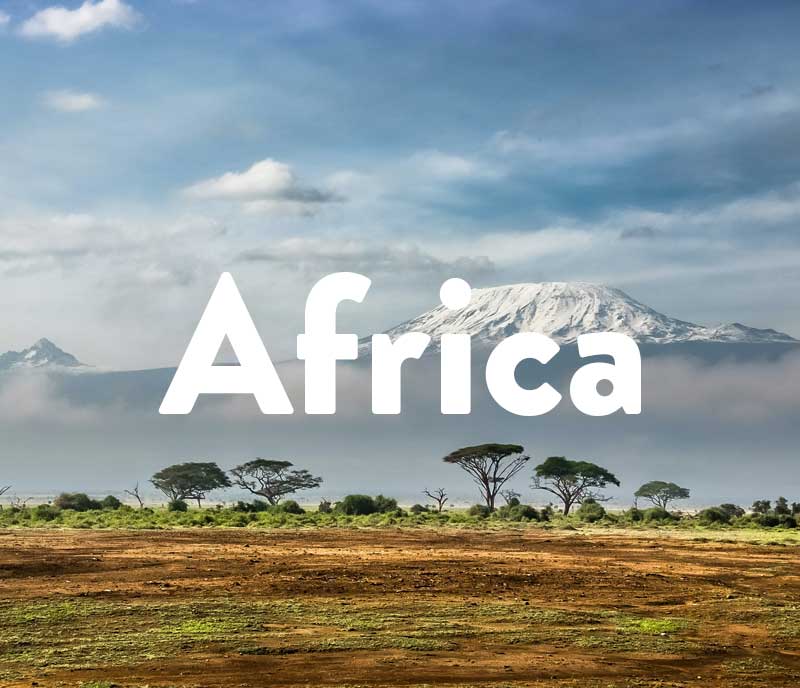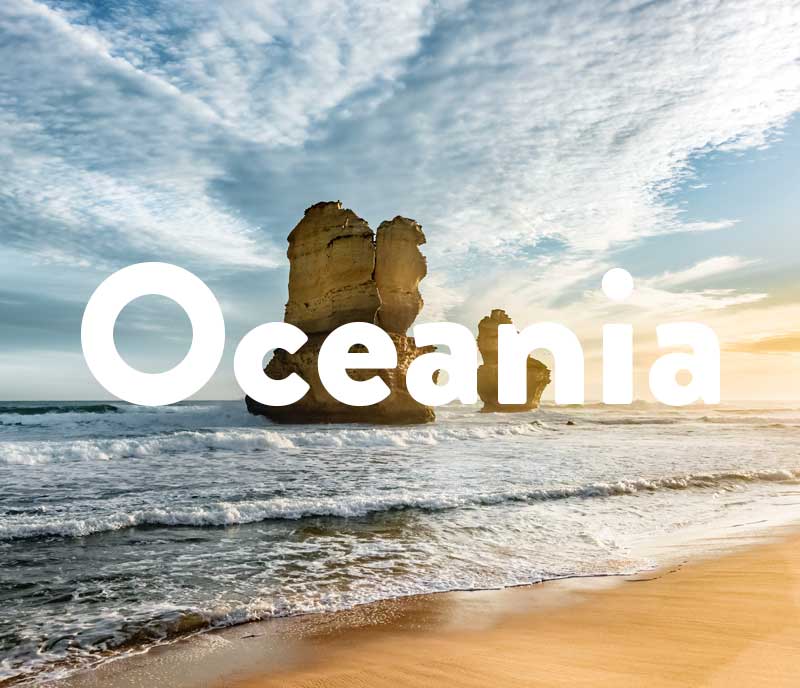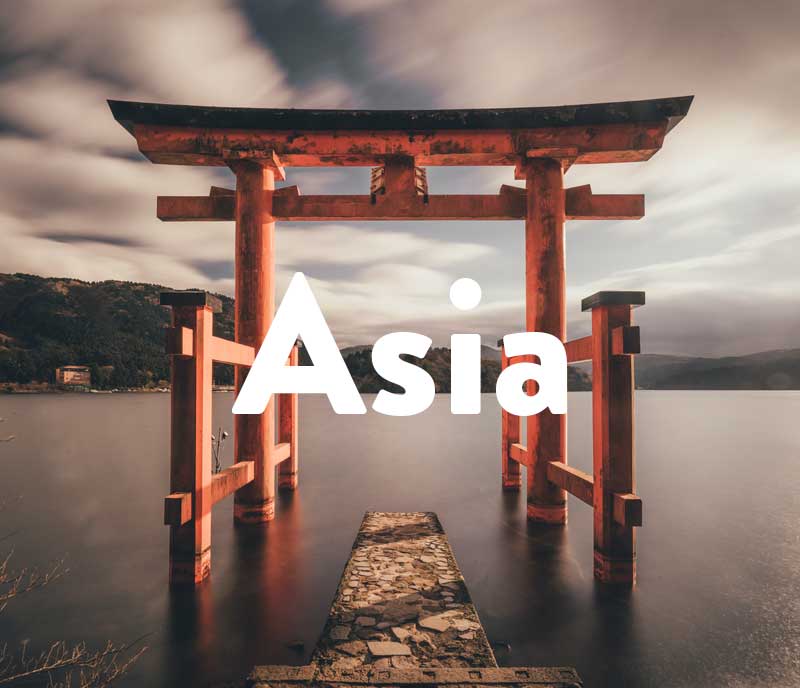In the past few decades, South Korea has changed a lot, especially economically. Located southwest of China, the country has 51 million inhabitants and a lot to offer tourists. With its unique mountain landscape, beautiful temples, and certain larger cities simply exuding unique charm, South Korea is impressive. In addition, you can of course enjoy the world-famous Korean food to the fullest when you visit its birthplace
Table of Contents
- The Key Info
- The Country in Numbers
- The Five Largest Cities
- Top Tourist Attractions
- When To Travel
- Safety for Travelers
- Important Holidays
- Visa
- Currency
- Packing List
- Dos and Don’ts
- Secret Blogger Tips
- Top Instagrammable Places
- Fun Facts
Dive into our (free) travel guides below!
.
.
.
.
.
.
.
.
The Key Info
With an area of 100,000 square kilometers, South Korea is a relatively small country. It is all the more densely populated: With 51 million inhabitants, South Korea is roughly comparable to Spain. Great experiences are possible in Korea, from hiking to winter sports, to culture city trips. But the country also has some beautiful beaches to offer, which means it offers a pretty variable vacation. The country has been independent since August 15, 1945 – although the country has remained divided and actually at war since 1950, when the Korean War began.
When it comes to culinary arts particularly, South Korea excels. Korean cuisine is known as one of the healthiest around. Korea is also a model country when it comes to high technology. World-famous technology companies such as the Samsung Group are based in Korea.
South Korea in Numbers
- At exactly 100,210 square kilometers, South Korea has more than 51 million inhabitants.
- The country has 9 cities with more than one million inhabitants each.
- South Korea is a country of high technology: At 26 megabits per second, it is the country with the best broadband expansion in the world on average.
- When it comes to 4G, they are also in the lead worldwide. The network coverage is an impressive 95.7%.
The 5 Largest Cities in South Korea
#1 Seoul
Seoul is the capital of South Korea. With more than 9 million inhabitants, it is one of the largest cities in the world. Seoul ranks fourth among the world’s largest city economies, ranking only behind Tokyo, New York and Los Angeles. In addition to the high level of technological development that can be felt at every corner, there is also a lot to see in cultural terms. The National Museum of Seoul, for example, is an absolute highlight. There are also numerous religious monuments and temples in this city.
#2 Busan
Busan is a port city and also the second largest city in South Korea, with s population of 3.4 million people. The city is particularly well known for great cuisine and diverse bridge architecture. The Gwangan Bridge, for example, has impressive architecture and a wonderful play of light in the dark. Busan has an almost tropical climate, and its numerous beaches also invite you to take a beach holiday.
#3 Incheon
About three million people live in Incheon. The city, which is relatively close to the North Korean border, has a long history and was first mentioned back in AD 475. During the Korean War, Incheon was occupied by North Korean troops on September 4, 1950. Visitors have the opportunity to visit the famous Namgu Temple.
#4 Daegu
Daego is located in the southwest of the country. 2.4 million people live here. Numerous prehistoric relics have been found in the city, indicating that there were settlements in the Daegu area more than 2000 years ago. The city is located in an impressive mountain landscape and is the site of numerous trade fairs.
#5 Daejeon
Daejeon is the fifth largest city in South Korea. In this economically important city there are several parks and museums, as well as a large media center. Highlights of this city are the Expo Bridge, which offers an amazing spectacle with lights and water shows at night. There are also Yuseong hot springs here.
Top Attractions
In Korea you get to experience a great mix of impressive mountainous winter landscapes along with megacities with amazing technological developments. Here are the most important sights of South Korea:
#1 Changdeokgung Palace
The Changdeokgung Palace was the former royal residence of South Korea. Its impressive buildings were built as early as the 15th century. It’s made up of a building complex where each individual area fulfils a different task. There are libraries, dining rooms and meeting rooms as well as a magnificent palace garden park.
#2 Busan Beach
Busan beach is a special experience – if you are staying in the city, you should definitely visit the beach. The backdrop is unforgettable: only a few meters away from the beach are impressive skyscrapers, which offer an exciting contrast to the idyllic beach atmosphere . There are also some excellent seafood restaurants and a large fish market nearby.
#3 Seoul Tower
One of the highlights of visiting the capital Seoul is the Seoul Tower. You almost feel as if you are standing on the top of a mountain. You have taken the elevator to the viewing platform of this 500 m high tower.
The tower is near Mount Namsan, which has some great parks that can be explored with leisurely hikes. The nearby village of Namsan Hanok is a historical place that lets you experience traditional Korean life.
#4 Bukchon Hanok Village
Another historical village that is worth visiting is the Bukchon Hanok. You can visit buildings that have not been changed for more than 600 years, and get a unique impression of the historical life of South Korea.
#5 Seoraksan National Park
Finally, a tip for nature lovers is the Seoraksan National Park. This park is also called the Yosemite of Korea. It is a nature reserve where you can explore impressive rock landscapes, as well as some beautiful temples. More than 1500 animal species and more than 1000 plant species live in this area. It is a unique nature reserve in East Asia.
Safety for travelers
Basically, South Korea is one of the safest and most stable countries in the world. However, there is a certain risk that the conflict with North Korea could intensify again. In this regard, you should always keep an eye on the local media so that you are always up to date on the situation. As for the crime rate, South Korea is an extremely safe country. Apart from the usual petty criminals like pickpockets who can be found in tourist places all over the world.
LGBTQ
The LGBTQ community in South Korea has relatively few problems. Homosexuality can be practiced legally, and except for child adoption and same-sex marriage, homosexual relationships are largely legal and accepted. Much has changed for the better over the past decade. There should be no fundamental problems for travelers either, even if you are traveling as a couple.
Women
South Korea is an advanced country in many ways. However, there is some catching up to do with women’s rights. Women have been oppressed for many decades, and only small changes have been attempted. Nonetheless, women traveling in South Korea shouldn’t have any problems.
Holidays in South Korea
- 1. January: New Year
- 24.-26. January: Korean New Year (Seollal)
- 1. March: Samil Movement (Independence Day)
- 15. April: National Assembly Election Day
- 30. April: Buddha’s birthday
- 5. May: Children’s Day
- 6. June: Memorial Day
- 15. August: Liberation Day
- 30. September – 02. Oktober: Chuseok Holiday
- 3. October: National Foundation Day
- 9. October: Hangeul Proclamation Day
- 25. December: Christmas
Visa for South Korea
For EU citizens wanting to visit South Korea, getting a visa is not a big hassle. Europeans who enter South Korea automatically receive 90 days of free residence upon arrival.
Currency in South Korea
In South Korea, the South Korean won is the national currency. There are coins of 1, 5, 10, 50, 100 and 500 won. Banknotes are available at 1,000, 5,000, 10,000 and 50,000 won. 1 euro is currently equivalent to 1410 Korean won.
Dos and Don’ts in South Korea
South Korea is a fairly conservative country with a multi-faceted etiquette. Accordingly, you should pay attention to the following things, among others:
| Dos | Don’ts |
| Since people in South Korea have a lot of respect for the elderly, when eating, you should always wait for the elders to start eating before you start yourself. | If you ever come across handwritten documents, don’t write your name with a red pen. In South Korea this is only done if the person concerned has passed away. |
| Asking for someone’s age is perfectly normal in South Korea. (In contrast to many European places, where this is often perceived as rude) | When traveling on public transport, you should never take priority seats. Even if nobody is using them, this is absolutely frowned upon. These places are reserved for disabled, elderly and pregnant women only. |
Your Packing List Must-Haves
In South Korea, you should definitely bring a dictionary with you. Many local people are not necessarily familiar with the English language. Having a smartphone with you can definitely be worthwhile. Get a cheap SIM card, then you can easily use the fast internet here too.
Secret Blogger Tips
- Observe the very extensive label rules at the table. It is definitely worthwhile to find out in advance how exactly how you should behave at dinner. Take a look at the Ansoko blog.
- The blog, There She Goes Again, has 50 great tips for traveling to South Korea which were all so good we couldn’t select any one. Check it out.
Tip Instagrammable Places
#gangnam (743K Posts)
#seoultower (138K Posts)
#bukchonhanokvillage (78,6K Posts)
#jeonjul (270k Posts)
#changdeokgung (68,6K Posts)
Fun Facts about South Korea – did you know..?
- In Korea, a newborn is perceived as 1 year old. There is also a celebration on the 100th day after the birth.
- Nur 3,2% aller Südkoreaner*innen sind übergewichtig. Das ist die weltweit niedrigste Rate.
- Only 3.2% of all South Koreans are overweight. That’s the lowest percentage in the world.
- The number 4 is bad luck. So in hotels, you’ll often find no fourth floor or room number 4.
- Fruits are really expensive in South Korea. A watermelon can cost up to 40 US dollars.







